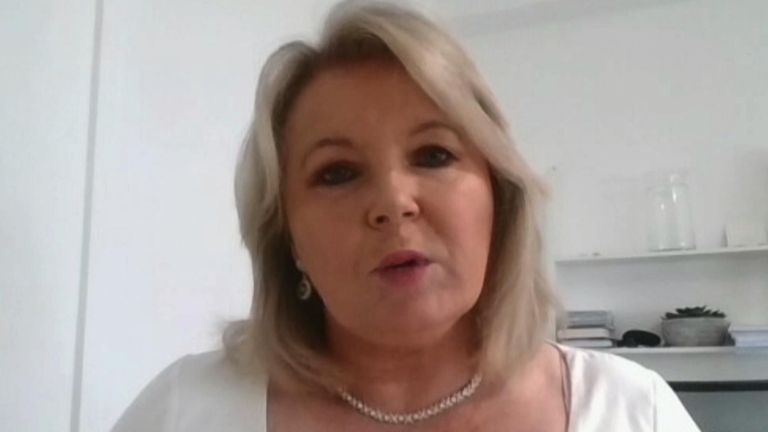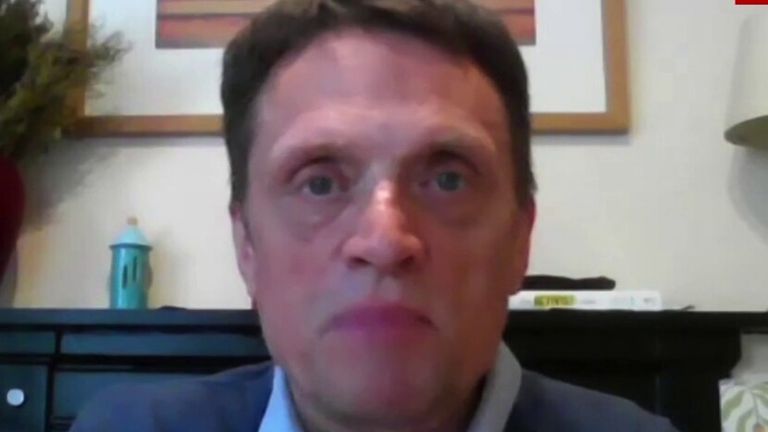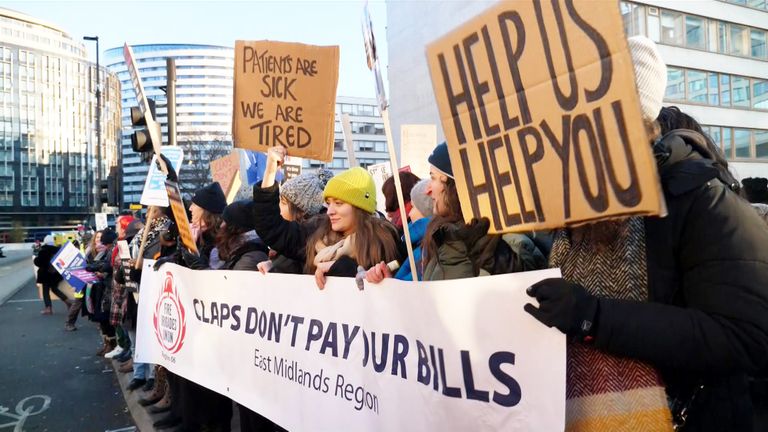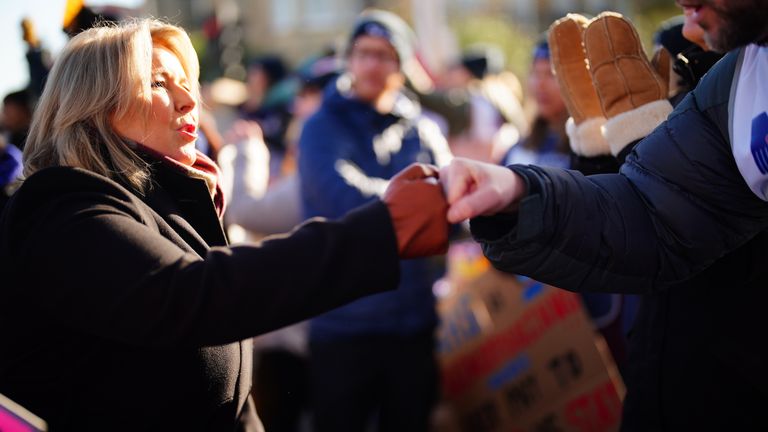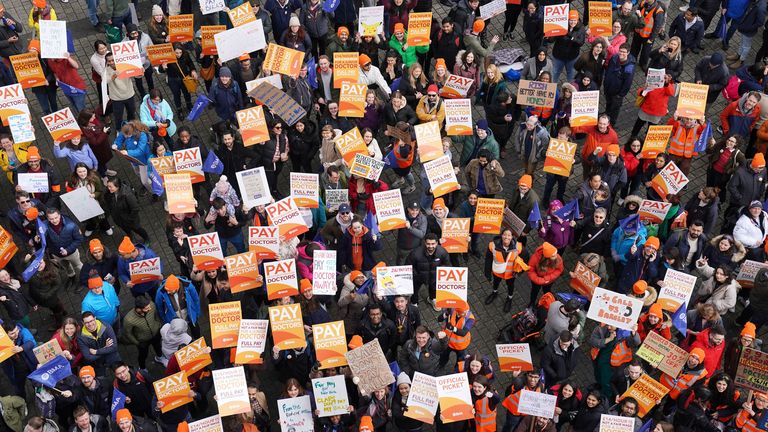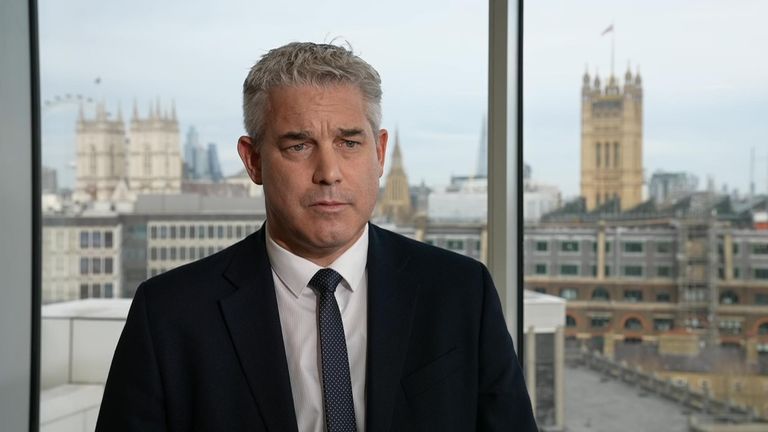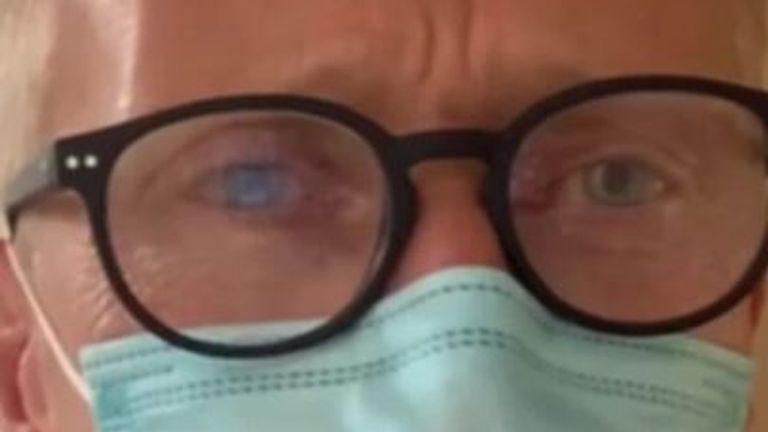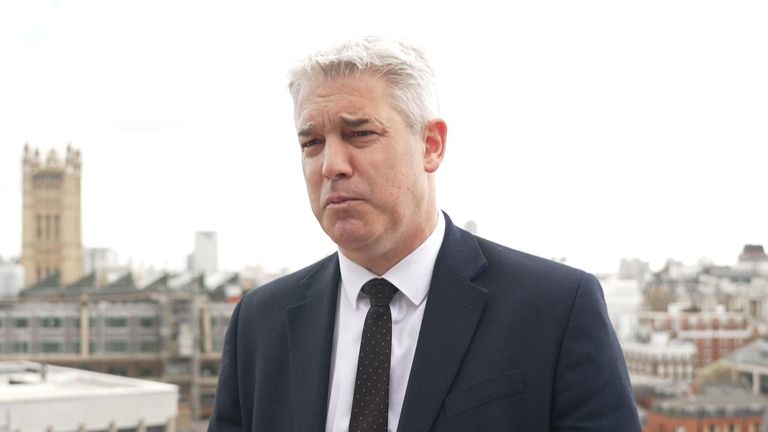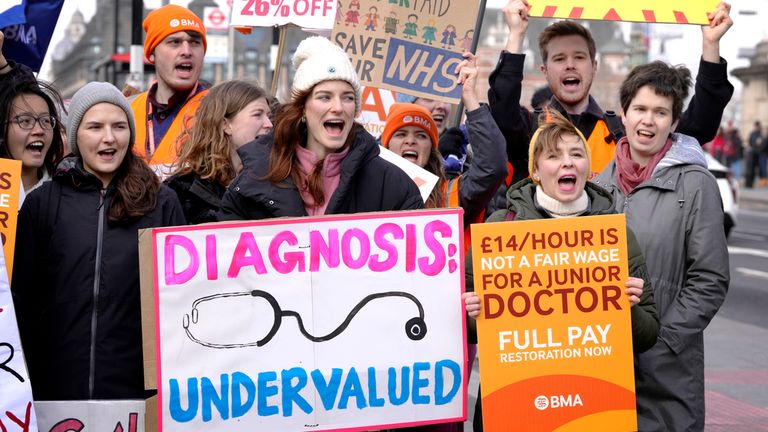Hospital leaders have expressed serious concerns about how they will maintain patient safety as the health service enters “unchartered territory” during “unprecedented” strike action next week.
Junior doctors who are training in England will stage their longest walkout so far between 11 and 15 April.
The 96-hour strike is likely to be the most disruptive in the history of the health service due to the length of the action and the fact doctors have chosen to stage it directly after a long bank holiday weekend.
The bank holiday traditionally causes disruption to the NHS even without the prospect of strike action.
The walkout also coincides with the Easter school holidays, which means many consultant staff who provided cover during the first round of strikes will be unable to do so again due to pre-planned holidays and childcare commitments.
NHS Providers, which represents NHS trusts, said the timing of the strike and its duration present a “range of challenges over and above the disruption seen from the industrial action in recent months”.
It said that during the strike, the NHS will focus resources on emergency treatment, critical care, maternity, neonatal care and trauma.
But even in these areas, there are “real concerns of a raised risk to safety”, NHS Providers said.
The strikes could lead to delays for some patients starting treatment – for instance, if a new cancer patient needed to start weekly rounds of chemotherapy, the start of their treatment may be delayed until after the strike action to ensure continuity.
Last month’s 72-hour walkout led to about 175,000 hospital appointments and operations being postponed.
Hospital leaders have raised concerns with NHS Providers about the impact of the strike.
“This is less about what planned routine work gets pulled down and everything about maintenance of safety in emergency departments, acute medicine and surgery,” one hospital trust chief executive said.
“Concerned doesn’t begin to describe it.”
Another said: “I am not confident this time that we can maintain patient safety as we will not be able to provide the cover.”
“Many of the consultants who stepped up to do nights last time are not available or are more reluctant this time,” a third said.
While another added: “Those with families almost certainly won’t as [they] can’t rearrange out of school holidays.”
Read more:
Analysis: Where will the money for a 5% pay deal come from?
Sir Julian Hartley, chief executive of NHS Providers, said: “It’s clear from our extensive dialogue with trust leaders that we are in uncharted territory.
“Yet again we are seeing colleagues pull out all the stops to minimise disruption and ensure patient safety. But the challenges here are unprecedented.”
Dr Latifa Patel, workforce lead for the British Medical Association, said: “No one understands better than us, the doctors who care for them, that patients are getting a substandard experience 365 days a year from an overstretched and understaffed NHS.
“In this brutal work environment, patient care is at risk every day due to chronic staff shortages and years of underinvestment in equipment and services.
“Junior doctors have no desire to strike, they been pushed into this action by long-term government inaction and now want to bring this dispute to an end as quickly as possible.
“We hope the health secretary will come to the table immediately with a meaningful pay offer so doctors can avoid more strike action and instead return to doing what they want to be doing: caring for their patients.”
Please use Chrome browser for a more accessible video player
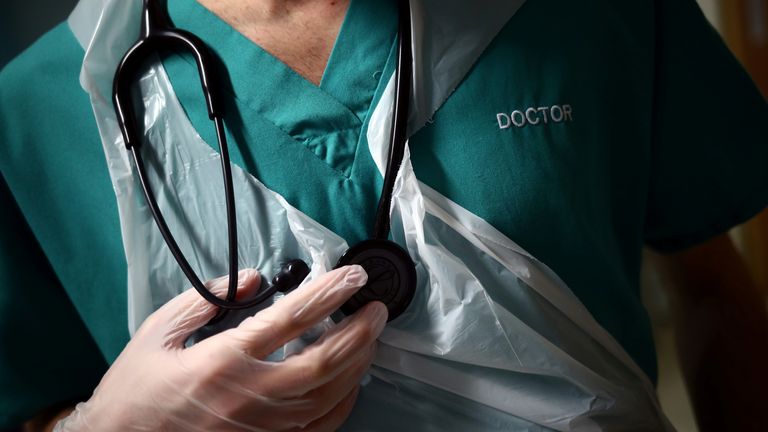
12:01
Why are doctors quitting the NHS?
A department of health and social care spokesperson said: “Four days of strikes by junior doctors will risk patient safety and cause further disruption and postponed treatment.
“The BMA’s demand for a 35% pay rise is totally unreasonable and unaffordable.
“We urge them to come to the table with a realistic approach so we can find a way forward, as we have done with other health unions, which balances fairly rewarding junior doctors for their hard work with meeting the prime minister’s ambition to halve inflation.
“We are working with NHS England to put in place contingency plans to protect patient safety.
“The NHS will prioritise resources to protect emergency treatment, critical care, maternity and neonatal care, and trauma.”
